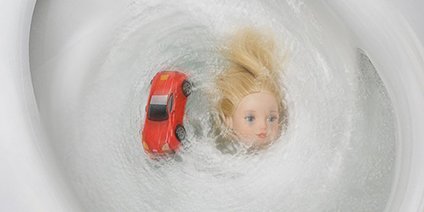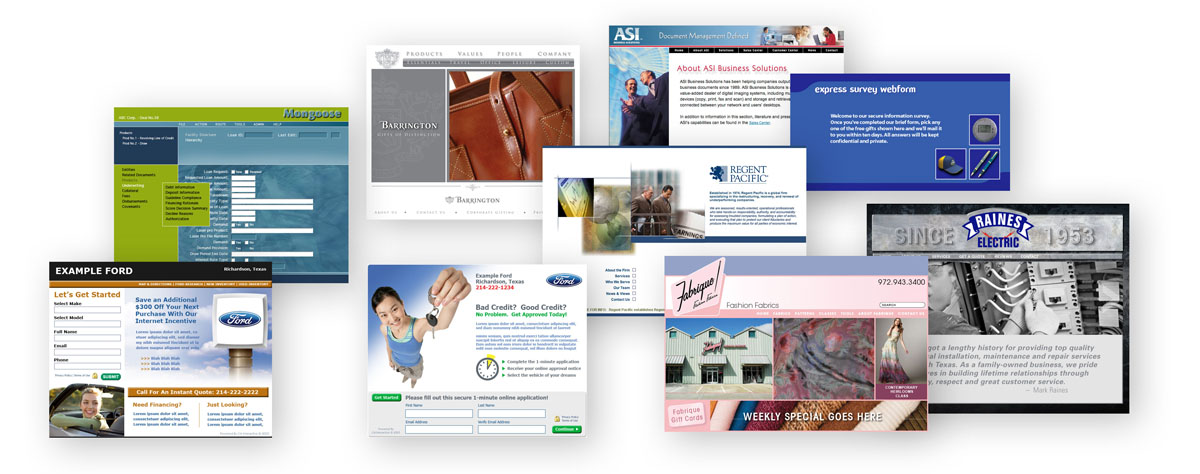The Jigsaw of Knowledge

The Jigsaw of Knowledge
Every Christmas, our out-of-state kids and grandkids visit for a week. Consequently, during that time, our local kids also spend a lot of time at our house. One of the ingenious things my wife does every year is purchase a 1,000-piece jigsaw puzzle for the group to work on together.
In the beginning, the puzzle is just a pile of colored pieces, some upside down and others right side up. After flipping all the pieces up, the group begins working on the outside frame — you know, the easy-to-find pieces with one straight edge. Once that framework is in place, each person begins to amass a pile of similarly colored pieces and starts assembling their own segment of the image.
My adult kids can sit for hours, chatting amiably, fiddling with the puzzle, and listening to music. I’m not a multi-tasker so I tend to work on the puzzle on nights when the kids all go out to eat or attend a concert together. Just to mess with them, I’m often tempted to hide a single piece from the puzzle, but even I am not that sadistic.
Knowing
It occurs to me that the human race’s knowledge of our own universe is much like that puzzle. Within a shared framework, we each tend to focus on pieces of the big picture that appeal to us individually. The downside is that we don’t have a box-top photo to use as a precise map for our understanding.
Our scientific discovery is only in its infancy, and what we think we see clearly today, we often end up scrapping tomorrow as other intellectual puzzle pieces fit the framework more precisely. Science can head in a specific direction for decades, only to have someone like an Einstein point out a missing principle — totally reframing the big picture.
The impressive thing about the Einsteins of this world is that they don’t waste a lot of time attempting to deconstruct everyone else’s understanding. They just present their findings and let rational analysis dissect those findings until all the detractors give up or until viable alternatives emerge. Either way, their goal of advancing the boundaries of understanding gets accomplished.
Our worldviews are much the same. The real thinkers have no need to tear down anyone else in order to elevate their own ideas. They’re contented and confident enough to just share their thoughts and learn from the critiques.
I’ve never heard my kids fighting about where a puzzle piece fits. Then again, they all have a common blueprint to work from and it eventually becomes clear whether the squiggly line on the puzzle piece is a tree limb or a snake. When a culture has lost that common moral blueprint to evaluate progress, there’s nothing left but competing opinions. He who becomes offended most easily and yells loudest often wins the debate so that we’re no longer certain whether we’re looking at a tree limb or a snake.
The Next Best Alternative
If we’re navigating without a map, the next best thing is having experienced friends to spot the signposts we miss along the way. I have five such friends that I trade ideas with regularly — one I’ve known for only a few years, one I’ve known for over fifty years, and three others fall in between those extremes. They’re all experts in their fields and they’re all good people even though our worldviews don’t always harmonize. What they really do best is listen without judgement and discuss without animosity.
If you know me, you know that my mouth occasionally — ok, often — gets the best of me so that I’m talking, and I can’t shut up. These folks never seem compelled to tell me to shut up and they never seem intent on tearing down my thinking to elevate their own. They just listen and throw out ideas. More important, like my kids working together on that puzzle, my trusted friends understand that our relationships will continue long after today’s puzzle gets stuffed back in the box.
If you cannot immediately name two or three people who you regularly sit down with and co-tinker with life’s puzzles, then stop reading this story and start working on a list of prospective collaborators. Meanwhile, call me and let’s finish this conversation over coffee. I know some intelligent and positive people I’d love to introduce you to.
Questions
What if the creation of our universe is not yet complete, and our history-based understanding prevents us from anticipating the miracles that await us tomorrow? What if some of us are trying to understand life by looking at the plain gray backs of the puzzle pieces with no meaningful image emerging? That coffee offer still stands.
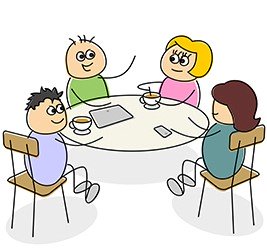 Let’s talk. I’d really like to hear what you have to say, and it might even give me something to write about. Email me at guy@lawsoncomm.com.
Let’s talk. I’d really like to hear what you have to say, and it might even give me something to write about. Email me at guy@lawsoncomm.com.
I’ll buy you coffee and we can compare notes. I promise not to steal your ideas without permission.
![]()
Opinion is the medium between knowledge and ignorance.
— Plato
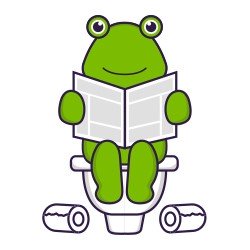
Did someone forward this newsletter to you after reading it themselves? Don’t settle for that!
CLICK HERE
to get a fresh, unused copy of this newsletter sent directly to you every Sunday morning. If you decide it stinks, you can always unsubscribe.
Understanding Genetics.
— David Sadava
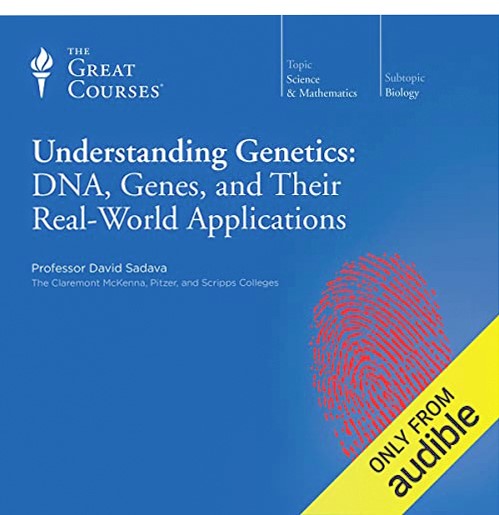
This is another one of those Great Courses Series that will make you wonder why you spent all that money on college and missed so much good stuff. Confession: I’m only about halfway through this one but professor Sadava is a good lecturer who makes genetics understandable to someone on my level, so you should breeze through it with the greatest of ease.
A meeting of great minds who think alike




